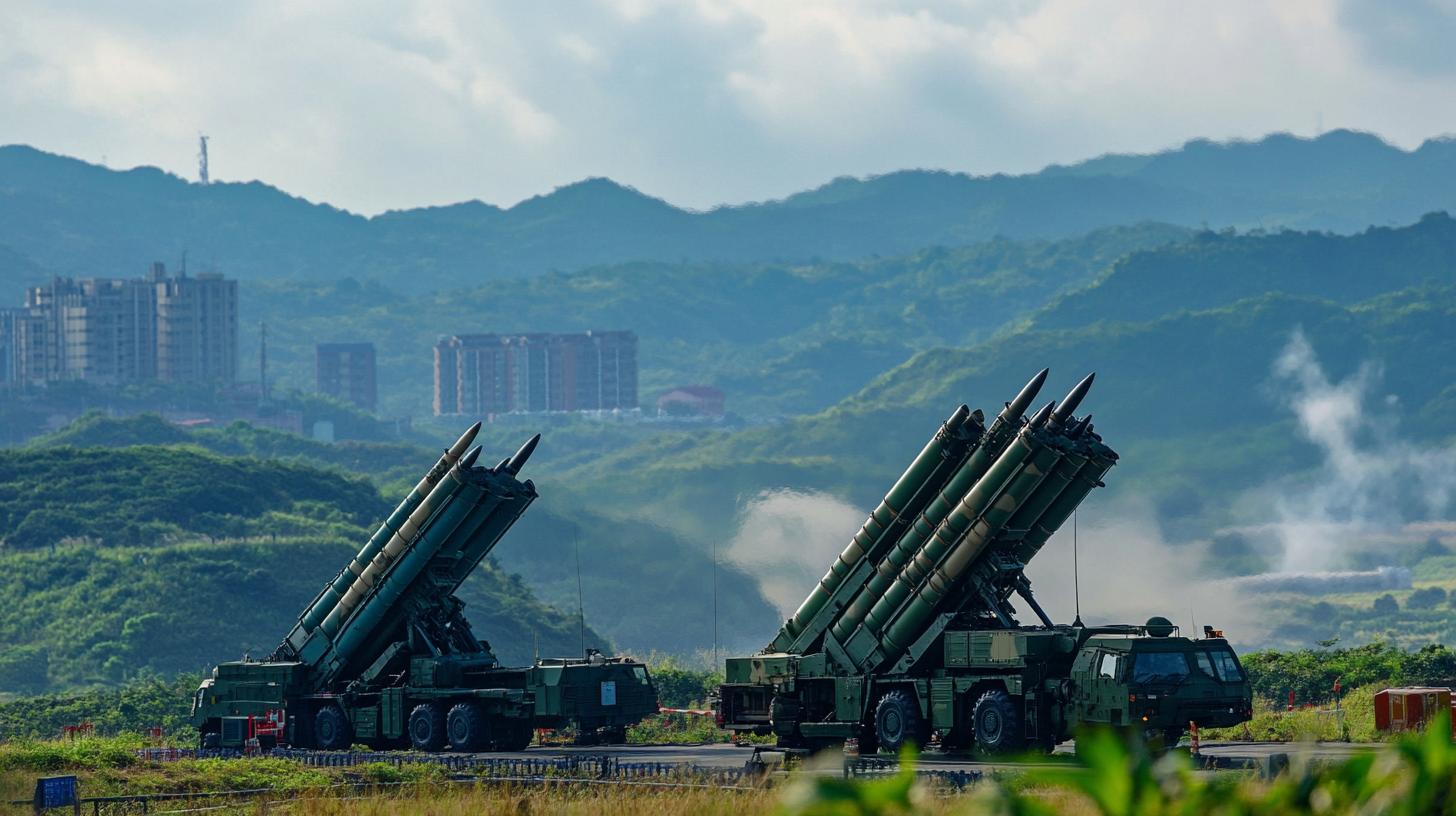As tensions with China simmer, Taiwan is reportedly planning a substantial defense purchase from the United States, rumored to reach over $5 billion. This ambitious proposal is thought to include high-profile defense assets such as F-35 Joint Strike Fighters, E-2 Hawkeye surveillance aircraft, and Patriot missile systems. Additionally, it may cover retired U.S. warships and the sophisticated Aegis Combat System, all of which signal Taiwan’s intent to bolster its defense capabilities.
Strategic Moves in a Tense World
The potential purchase serves not only to enhance Taiwan’s military readiness but also to send a clear message of deterrence against possible aggression from China. This is particularly relevant as analysts suggest China could be prepared to attempt an invasion by 2027. The acquisition of advanced weaponry is a crucial component of Taiwan’s strategy to counter this looming threat.
U.S. Interests and Risks
For the United States, the sale could strengthen ties with a key economic partner and provide considerable financial returns. However, this move carries significant risks, notably in escalating tensions with China, a major global player already investing heavily in military expansion. The balance between reinforcing an ally’s defenses and managing diplomatic relations with China remains delicate.
While the prospect of enhanced defense cooperation with Taiwan could stabilize regional security, it presents potential global economic ramifications. An open conflict affecting Taiwan could lead to a substantial decline in world economic activity, underlining the stakes involved in this complex geopolitical landscape.
Is Taiwan’s $5 Billion Defense Deal a Catalyst for Global Technological Advancement?
In an era where geopolitical tensions frequently headline the news, Taiwan’s planned $5 billion defense purchase from the United States has stirred the global cauldron yet again. While much has been said about the military and political implications, the potential ripple effects on technological innovation and human advancement warrant a closer look.
Revolutionizing Defense Technology
With Taiwan’s acquisition wishlist including F-35 Joint Strike Fighters, E-2 Hawkeye surveillance aircraft, and the Patriot missile systems, one cannot ignore the cutting-edge technology embedded in these systems. These are more than just military hardware; they are frontline specimens of modern technological prowess. The F-35, for instance, is equipped with advanced stealth capabilities, network-enabled operations, and advanced sensor systems, positioning itself as a hub of aeronautical engineering excellence.
The transfer of such sophisticated technology can spur innovation back home, catalyzing advancements in related sectors such as aerospace engineering, cybersecurity, and electronics. This dissemination of technology, however, poses interesting questions: Can Taiwan leverage these technologies beyond their immediate defense applications to foster civilian tech innovation?
Advantages and Controversies
On the brighter side, Taiwan could become a new center of technological excellence in Asia, driving innovation and potentially creating new industries and jobs. This transformation could make Taiwan less dependent on technology imports, fostering more self-sustainability and possibly even turning it into an exporter of technology and related knowledge.
However, there are controversies that come with such transitions. First, the massive financial commitment towards defense could constrain Taiwan’s spending on social programs or other tech sectors. Another concern is the potential for technology leakage: Will Taiwan be able to safeguard these advanced technologies from espionage, especially given the ever-present threat landscape of cybersecurity?
Moreover, the implications of these technological adoptions on regional power dynamics are profound. As Taiwan upgrades its defenses, neighboring countries might feel compelled to accelerate their military technologies, potentially igniting a regional arms race.
Impact on Global Economy and Diplomacy
Increased military spending from a key player like Taiwan could have unpredictable outcomes on the global economy. Defense contracts might boost specific sectors temporarily but may not translate into sustainable economic growth. It’s essential to ask: How will this deal shape the global supply chain, especially in the defense sector?
Diplomatically, the move places the United States in a tough spot. While the economic boon from such a sale is undeniable, it risks further straining relations with China, who views Taiwan as a breakaway province. Striking a balance between bolstering an ally’s defenses and preserving diplomatic channels with a major global player like China is indeed a tightrope walk.
Future Prospects
This defense deal could herald a new age of technological collaboration and innovation, which might extend beyond military applications and into diverse fields like healthcare and environmental sustainability. The integration of high-tech systems could foster new tech hubs, characterized by enriched local expertise and innovation.
Ultimately, Taiwan’s massive defense purchase isn’t just a matter of regional security; it’s a complex tapestry interwoven with the threads of technological advancement and global diplomacy.
For more information, you can visit Defense.gov and Taiwan.gov.tw.







